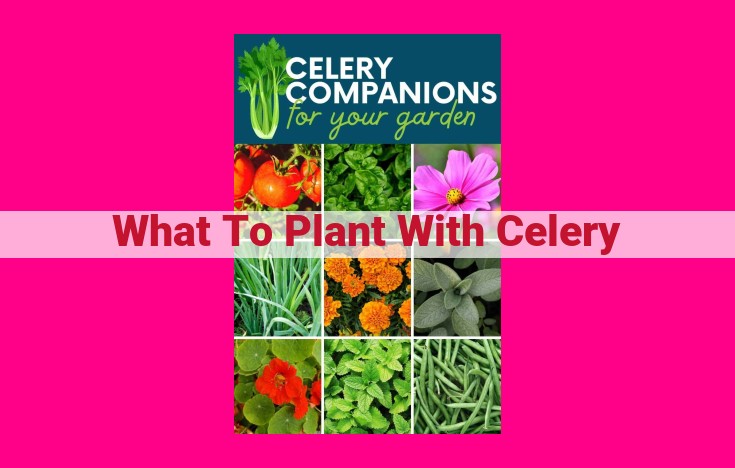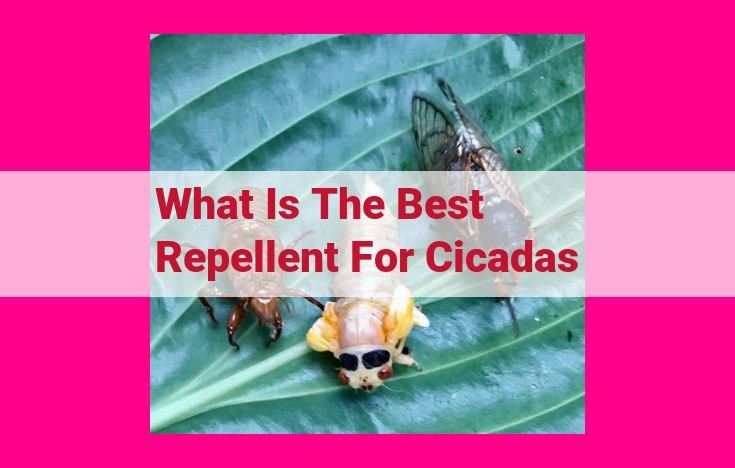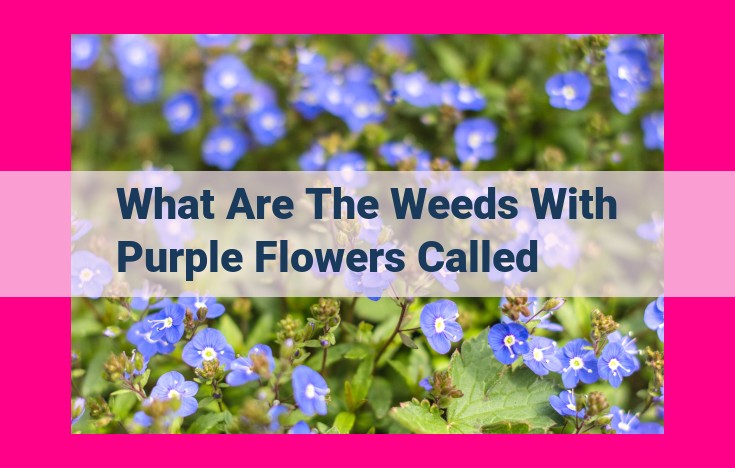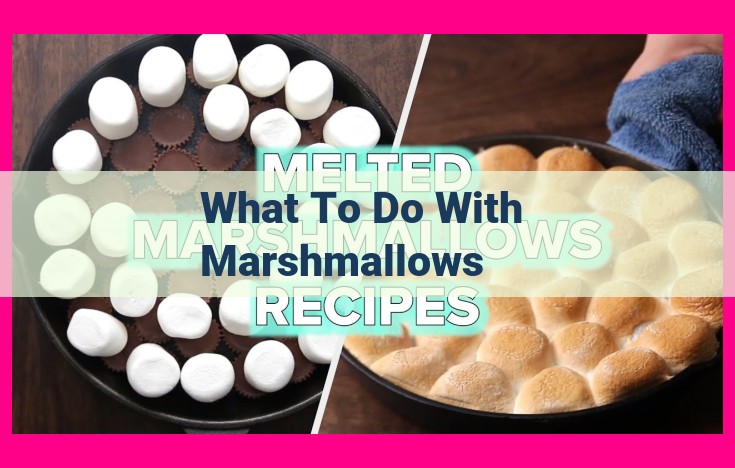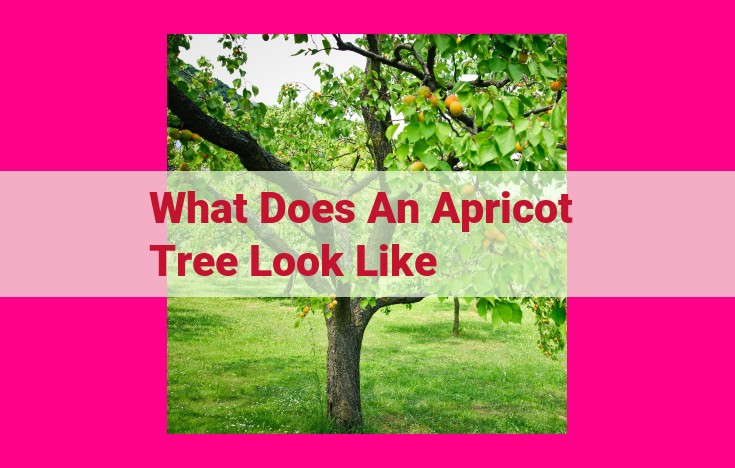Optimizing Plant Selection For Long Island’s Gardens: Understanding Usda Plant Hardiness Zones
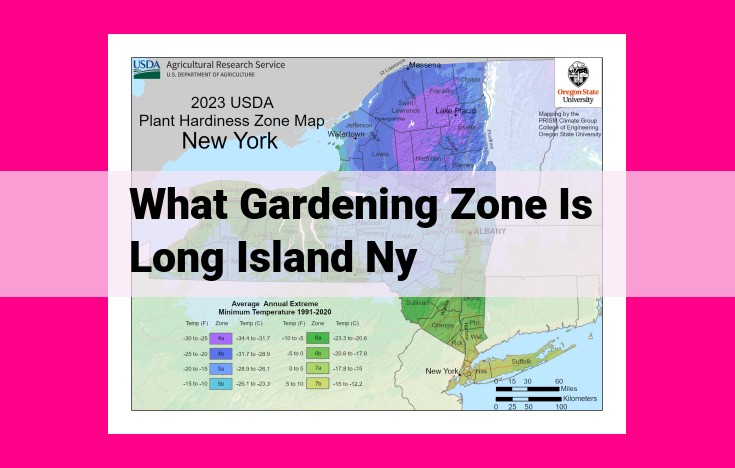
Long Island, NY lies primarily in USDA Plant Hardiness Zone 7a, characterized by average minimum winter temperatures between 0 and 5°F. Some southern coastal areas fall into Zone 7b, with slightly warmer minimum temperatures. Understanding this zone is crucial for selecting plants suited to the local climate, ensuring their survival and success in Long Island’s gardens.
Exceptional Horticultural Resources on Long Island
- Introduction to the highly-rated horticultural resources available on Long Island.
Exceptional Horticultural Resources on Long Island: A Gardeners’ Paradise
Long Island, an idyllic haven nestled between the Atlantic Ocean and Long Island Sound, is a horticultural paradise boasting an abundance of exceptional resources for gardening enthusiasts. From renowned organizations offering expert guidance to stunning arboretums and state parks, the region is a true sanctuary for those seeking botanical knowledge and inspiration.
Organizations Offering Expert Guidance
Long Island is home to a wealth of horticultural organizations dedicated to empowering gardeners with valuable information and support. The Long Island Horticultural Society stands as a beacon of horticultural expertise, hosting events, offering educational classes, and maintaining a vibrant network of fellow gardeners. The Nassau County Cooperative Extension and Suffolk County Cooperative Extension provide invaluable resources, including Master Gardener Programs staffed by knowledgeable volunteers eager to share their wisdom.
Arboretums and State Parks for Plant Exploration
Long Island’s breathtaking arboretums and state parks offer endless opportunities for plant exploration and horticultural immersion. The Bayard Cutting Arboretum State Park enchants visitors with its diverse collections, while Planting Fields Arboretum showcases exquisite formal gardens and rolling landscapes. Explore the native flora at Sagamore Hill National Historic Site or venture to Eisenhower Park for its stunning rose garden and arboretum.
Resources for Climate and Plant Hardiness
Understanding Long Island’s climate and plant hardiness is crucial for gardening success. The region falls within USDA Plant Hardiness Zone 7a, indicating that plants hardy to -5°F to 5°F will thrive. Utilize resources like the USDA Plant Hardiness Zone Map and consult with local experts to select plants suitable for the local climate.
Connecting with Expert Gardeners
Long Island’s Master Gardener Programs, offered by Nassau County and Suffolk County Cooperative Extension, connect home gardeners with a wealth of horticultural knowledge. These experienced volunteers provide expert advice, host workshops, and participate in community outreach, empowering gardeners to cultivate thriving landscapes.
Online Resources for Horticultural Enthusiasts
The internet offers a plethora of horticultural resources for Long Island gardeners. Long Island Gardening and Long Island Gardener websites provide timely updates, helpful tips, and local gardening news. iNaturalist, a mobile application, allows gardeners to identify plants, share observations, and connect with a global community of nature lovers.
Long Island’s exceptional horticultural resources cater to every gardener’s needs, nurturing a thriving community of plant enthusiasts, from novice gardeners to seasoned professionals. Whether you seek expert guidance, breathtaking plant displays, or online support, Long Island has it all, making it a true horticultural haven where gardens flourish and botanical dreams take flight.
Organizations Offering Expert Horticultural Guidance
Long Island is a veritable paradise for horticulture enthusiasts, boasting an array of organizations dedicated to providing expert guidance and support. These institutions serve as invaluable resources for gardeners of all levels, empowering them with the knowledge and tools to cultivate thriving landscapes.
1. Long Island Horticultural Society (LIHS):
LIHS is the preeminent horticultural society on Long Island, offering a myriad of resources to its members. Through educational programs, workshops, and guided tours, LIHS promotes the art and science of gardening, fostering a vibrant community of plant lovers.
2. Nassau County Cooperative Extension (NCCE):
NCCE is a trusted source of science-based horticultural information for residents of Nassau County. Its expert staff provides personalized advice, conducts research trials, and maintains demonstration gardens, ensuring that gardeners have access to the latest horticultural practices.
3. Suffolk County Cooperative Extension (SCCE):
Similar to NCCE, SCCE serves Suffolk County residents with comprehensive horticultural support. Its Master Gardener Program connects gardeners with knowledgeable volunteers who share their expertise and assist with gardening projects.
4. Bayard Cutting Arboretum State Park:
This stunning park on the North Shore offers more than 691 acres of diverse landscapes, including a renowned arboretum. Visitors can explore a vast collection of plants, attend educational programs, and seek advice from the park’s expert horticultural staff.
5. Planting Fields Arboretum State Historic Park:
Located in Oyster Bay, Planting Fields features 409 acres of horticultural splendor. Its formal gardens, arboretum, and historic mansion provide a beautiful backdrop for learning about plants and horticulture.
By tapping into the expertise of these organizations, Long Island gardeners can confidently navigate the complexities of horticulture and create breathtaking landscapes that bring joy and fulfillment.
Arboretums and State Parks: Plant Exploration Havens on Long Island
Long Island is a nature lover’s paradise, boasting a plethora of breathtaking arboretums and state parks that showcase an astonishing array of plant life. These horticultural sanctuaries provide an unparalleled opportunity for plant exploration, botanical learning, and serene escape.
One of the most renowned arboretums on Long Island is Bayard Cutting Arboretum State Park. This 693-acre oasis in Great River, New York, is a living museum of over 20,000 trees, shrubs, and herbaceous plants. As you wander through the park’s diverse gardens, you’ll be greeted by fragrant magnolias, vibrant rhododendrons, and towering conifers. The arboretum also hosts regular workshops, guided tours, and plant sales to deepen your horticultural knowledge.
Venturing a bit further east, you’ll discover Planting Fields Arboretum State Historic Park in Oyster Bay. This 409-acre estate features formal gardens, woodlands, and meadows. The Rose Garden is a must-see, with over 2,500 roses representing 150 different varieties. The Formal Garden is a geometric masterpiece adorned with colorful annuals, perennials, and sculptures.
On the North Fork of Long Island, Hallock State Park Preserve in Northville provides a unique opportunity to explore the dune and maritime forest ecosystems. As you stroll along the nature trails, you’ll encounter a variety of plants adapted to the harsh coastal environment, including beach plum, black cherry, and American holly.
Whether you’re a seasoned horticulturist or a nature enthusiast, these arboretums and state parks on Long Island offer an unforgettable plant exploration experience. Immerse yourself in the beauty of nature, learn about the fascinating world of plants, and create lasting memories in these verdant havens.
Understanding Climate and Plant Hardiness on Long Island
Every gardener knows the importance of selecting plants that thrive in their local climate, but how do you determine which plants are right for your garden? Enter the USDA Plant Hardiness Zone Map, a crucial tool for guiding gardeners in their plant selection.
The map divides the United States into 13 different hardiness zones, each representing a specific range of average annual minimum temperatures. Long Island falls within Zone 7a, which means that plants able to withstand temperatures as low as 0°F to 5°F are generally well-suited for our region.
Knowing your hardiness zone is essential for plant success. Choosing plants outside your zone can lead to winter damage, stunted growth, or even plant death. By sticking to plants within your zone, you can ensure their survival and enjoy a thriving garden year after year.
Additional Tips:
- Research specific plant varieties to learn more about their hardiness. Some varieties may be more cold-tolerant than others within the same species.
- Consider microclimates in your garden, such as sheltered areas that may allow for a wider range of plants.
- Monitor local weather forecasts during winter months to protect sensitive plants from unexpected cold snaps.
Connecting with Expert Gardeners on Long Island
For any gardener, connecting with knowledgeable and experienced individuals can be invaluable. Long Island is fortunate to have several resources that provide access to just that – Master Gardener Programs.
The Nassau County Cooperative Extension and Suffolk County Cooperative Extension offer Master Gardener Programs, which train enthusiastic volunteers to become local horticultural experts. These Master Gardeners undergo extensive training in plant science, soil management, and pest control, enabling them to provide reliable gardening advice and resources to the community.
Whether you’re a seasoned green thumb or just starting your gardening journey, Master Gardeners can assist you in various ways:
-
Answer gardening questions: They offer free consultations and guidance on all aspects of gardening, from plant selection to disease diagnosis.
-
Host workshops and educational programs: Master Gardeners share their knowledge through workshops, lectures, and demonstrations on various horticultural topics.
-
Maintain community gardens: They often work at local community gardens, providing hands-on learning opportunities and promoting gardening initiatives.
-
Conduct plant clinics: Master Gardeners host regular plant clinics where you can bring in plant samples for expert diagnosis and treatment recommendations.
Connecting with Master Gardeners is a fantastic way to tap into a wealth of gardening expertise, learn from experienced professionals, and improve your gardening skills. To find your local Master Gardener Program, visit the Nassau County Cooperative Extension or Suffolk County Cooperative Extension websites.
Online Resources for Horticultural Enthusiasts on Long Island
For passionate gardeners on Long Island, navigating the vast world of horticulture can be overwhelming. However, numerous exceptional online resources offer invaluable support, guidance, and inspiration.
One such gem is Long Island Gardening. This comprehensive website serves as a hub for local gardening news, featuring articles on everything from plant care tips to seasonal gardening trends. Its interactive forums foster a vibrant community where gardeners connect, share experiences, and seek advice.
Long Island Gardener is another authoritative resource that provides timely horticultural updates and practical guidance. Its extensive library of articles covers a wide range of topics, from plant selection to pest management. This website also offers online courses and workshops to enhance your gardening knowledge.
For hyperlocal gardening information, Master Gardener websites are invaluable. Nassau County and Suffolk County Cooperative Extensions offer online resources created by their knowledgeable Master Gardener volunteers. These websites provide tailored advice on local plant care, pest identification, and gardening events.
Whether you’re a seasoned pro or just starting your gardening journey, these online resources empower you with the knowledge and support you need to cultivate thriving gardens on Long Island.
